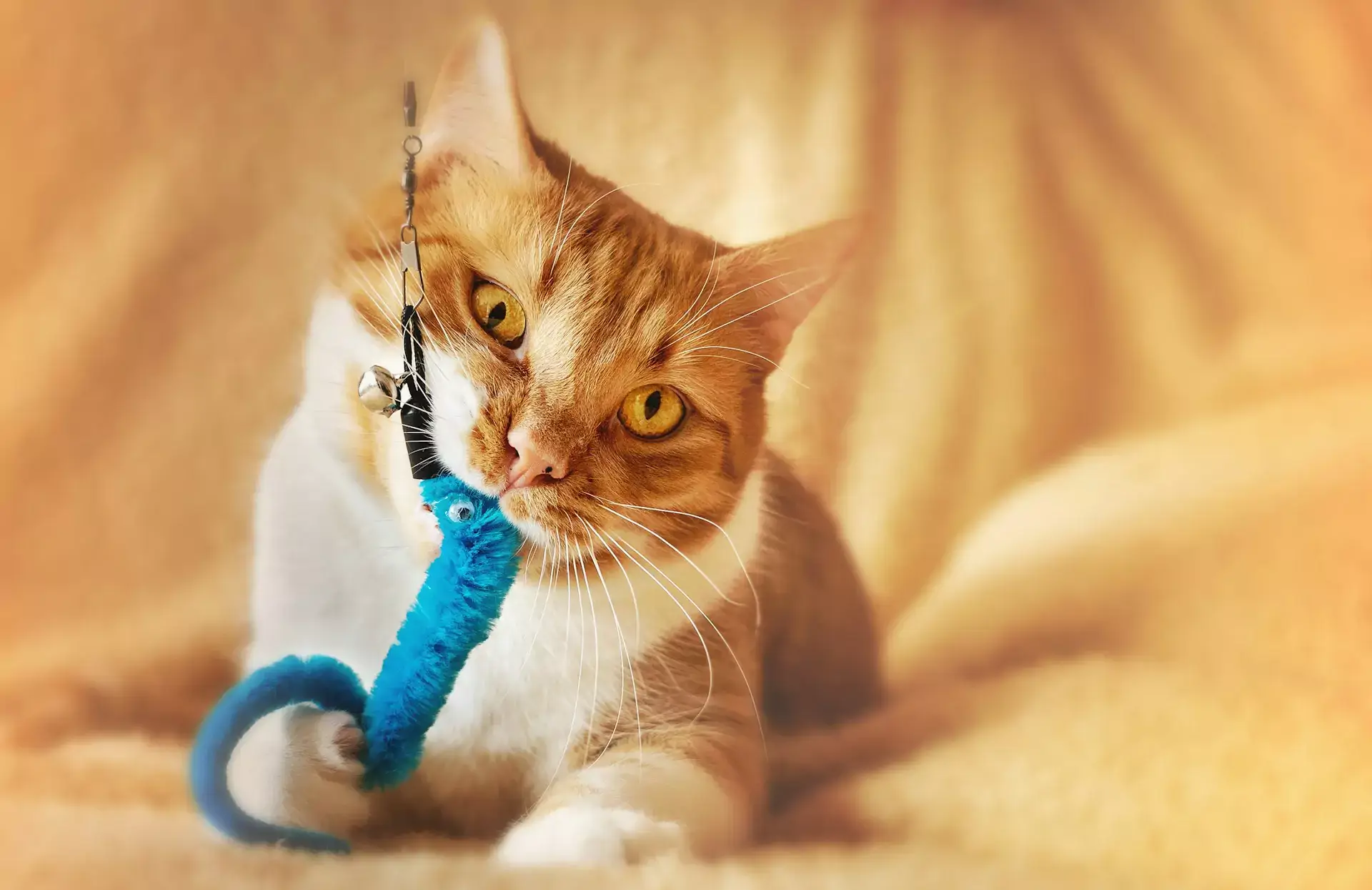How To Prevent Llama Drama
Did you know that llamas have lately grown in popularity? Llamas are cousins of the camel and alpaca. They are quite calm and friendly, also generate wool that can be rather profitable, and are easy to keep and train. They also need less space than horses and cows. Given all those benefits, it is not surprising that many homesteaders and small farmers find these adorable and affectionate animals appealing. However, there are a few things you should know. While llamas are cute and friendly, they can at times become aggressive. In this post, a local Pipe Creek, TX Vet talks about llama drama and provides some advice on how to avoid it.
What Is Berserk Llama Syndrome?
Llamas sometimes develop a condition known as berserk llama syndrome. Though it’s termed BLS, alpacas also suffer from it.
The phrase essentially characterizes hostile or perhaps just unpleasant behavior in llamas. Though females occasionally act unruly, it is most commonly seen in unneutered males.
What Do Llamas With BLS Do?
Generally speaking, llamas are quite docile … unless and until they feel threatened. When llamas do act up, they are most likely to engage in the following behaviors:
- Spitting
- Screaming
- Shoving
- Lying Down
- Not Wanting To Travel
- Bowel And Bladder Release
Though it’s not unheard of, llamas typically do not bite.
Do Llamas Actually Go Berserk?
Technically, no. Though the disorder is known as Berserk Llama Syndrome, What is happening here is classic llama behavior. It is typically the result of inadvertent mishandling and socialization.
Do Llamas Enjoy Being Petted?
Actually, not so much. Because they are prey animals in the wild, llamas can scare easily. Although they can grow rather attached to their owners, llamas will probably not like hugs and do not care about being petted on the face or head. They might put up with these things, but this does not translate into affection in llama language.
Do Llamas Like People?
Most seem to! Though it can take some time for a llama to decide if it likes you or not. Be patient! treats and compliments can go a long way here, as you could likely expect.
Why Do Llamas Spit?
When a camelid feels threatened or furious, they can—and do—spit at their perceived enemies. This is somewhat offensive and somewhat defensive for them. LLamas mostly spit at each other: most of the time, they won’t randomly spit at a human. You may see this among llamas that are fighting for dominance, for instance.
We most likely don’t have to tell you this, but as this entails stomach contents, getting showered with llama spit is very unpleasant. It’s not really fun for the llama either.
How Much Should I Handle A Cria?
There is a sweet spot here. You don’t want to overdo it, but you also don’t want your llama completely unused to human touch. If you go too far in the other direction and avoid touching or interacting with your llamas at all, then you will have llamas that cannot be handled safely. Maybe you have to bottle-feed your baby llamas. That’s fine: just resist the urge to spend another 20 minutes baby-talking them.
The key is appropriate training. You do have to teach them to be haltered, handled, have their feet touched, and enter catch pens or chutes, though. Even if your llamas will be treated like pets, this is more than just good petiquette. You must be able to handle your llama securely should it be sick or injured. (Llamas can be trained to follow vocal commands or be ridden, but those things are optional.)
If you have never owned camelids previously, you will want to do a lot of research on this before diving in. Learning about llama communication is also well worth your time. For example, extended eye contact can set some llamas off. You’ll also want to pay attention to your llamas, and learn to ‘interpret’ the various humming sounds and noises they make. (Note: a ‘screaming’ hum is almost never a good sign.) Ask your vet for more information.
How Should A Llama Be Disciplined?
As with other animals, you will have to be firm, consistent, and patient. Some llamas will find that a vocal admonition—such as “No!”—in a strong, austere tone makes the point clear. Though you should naturally never strike an animal forcibly, a little swat could be effective. You could also use a water gun. This might sound like “spitting” to the llama, so it’s really speaking its language.
Will My Llamas Get Lonely Without Friends?
Yes. Llamas are indeed rather sociable, and should always have at least one other llama friend. You will naturally have to choose pasture mates carefully for your pet. Unneutered males can be rather territorial, which causes complications. You also want to make sure you aren’t crowding them on a tiny farm.
Are Llamas Friendlier Than Alpacas?
Generally speaking, yes. Alpacas are more aloof since they don’t have as long of a history of being domesticated. Of course, every animal is unique.
How Do I Prevent BLS?
We would probably put gelding males at the top of the list. Aside from that, the best bet is to treat llamas right from birth. People often make the mistake of caressing and cuddling infant llamas—also known as crias—too much. We know that crias are adorable, and resisting coddling them can be difficult.
And that, it turns out, can be a bit of a trap.
If you overpet a baby llama, it will begin to view you as another llama—albeit an unusual-looking one. That sounds lovely, right? Not so much. Sadly, this will lead to issues down the road. Your wooly companion will also consider you to be another herd member and will treat you accordingly … which may mean spitting, yelling, and kicking at you.
Some llama specialists claim that showing attention to a cria is actually abusive. The thinking Is that the behavioral issues this behavior plants can escalate to actions that finally make llamas so dangerous they have to be put down.
It’s worth noting that this can be somewhat perplexing for somebody from the horse world, as it might go against all they know. Many would say handling newborn foals early and often is an excellent practice. Just keep in mind that it’s nearly the opposite for llamas.
As was already noted, intact guys are likewise most likely to exhibit it. Usually advised is having your studs gelded, unless you are specifically interested in breeding.
How Can I Make My Llamas Happy?
Generally, all you need to do is take good care of them! Like other animals, that begins with an appropriate diet. Though they can eat grain or hay, llamas typically fare best on good pasturage. A clean, pleasant barn or shelter is also essential, as is access to fresh water. Your llamas will obviously also need frequent visits from your Pipe Creek, TX veterinarian, as well as regular shearing. Of course, just like all our other patients, they really love treats!
Schedule A Visit at Your Pipe Creek, TX Animal Clinic
Would you like further information on llama care? Do you want a fantastic local veterinarian? Please come to see us for any veterinarian care requirements for your llamas. Here we are as your Pipe Creek, TX pet hospital: here to assist!



